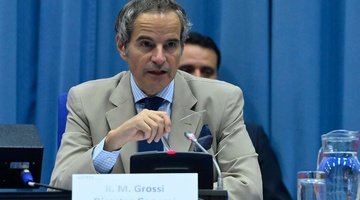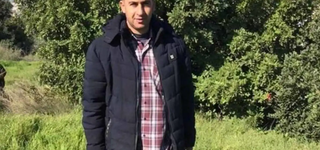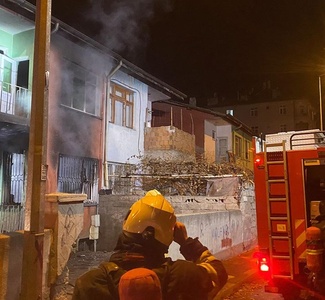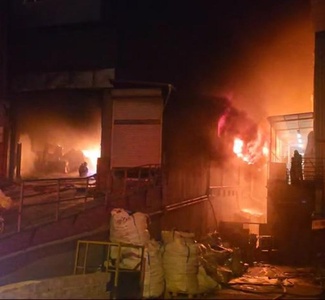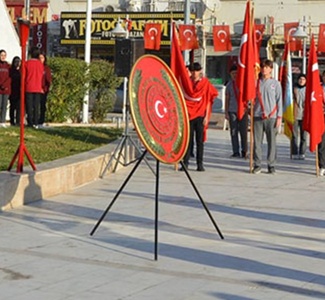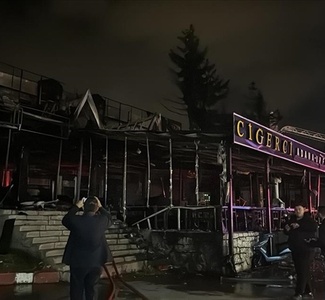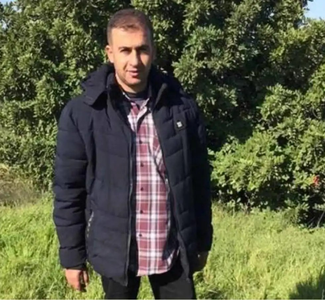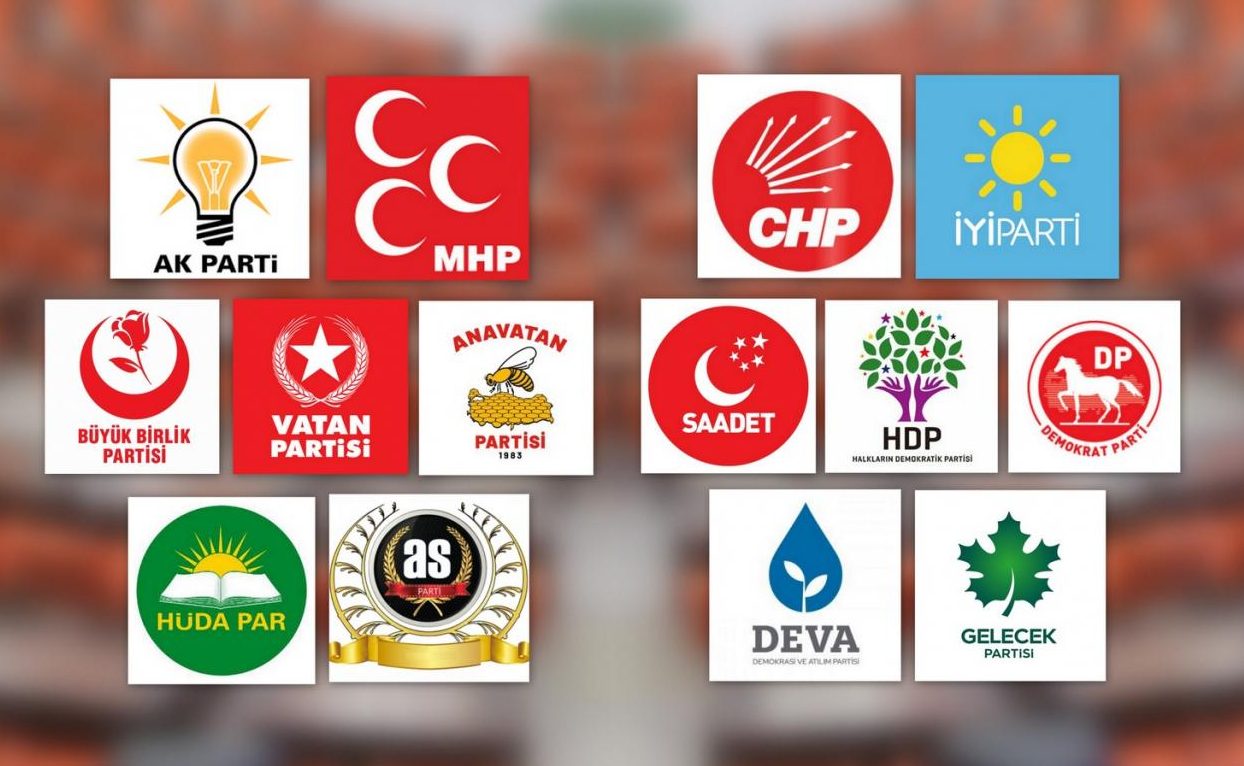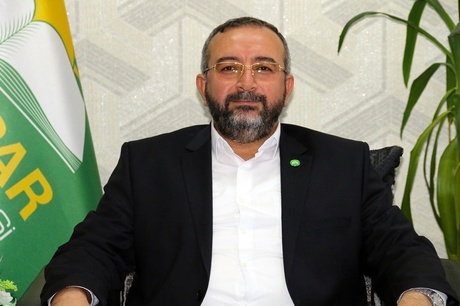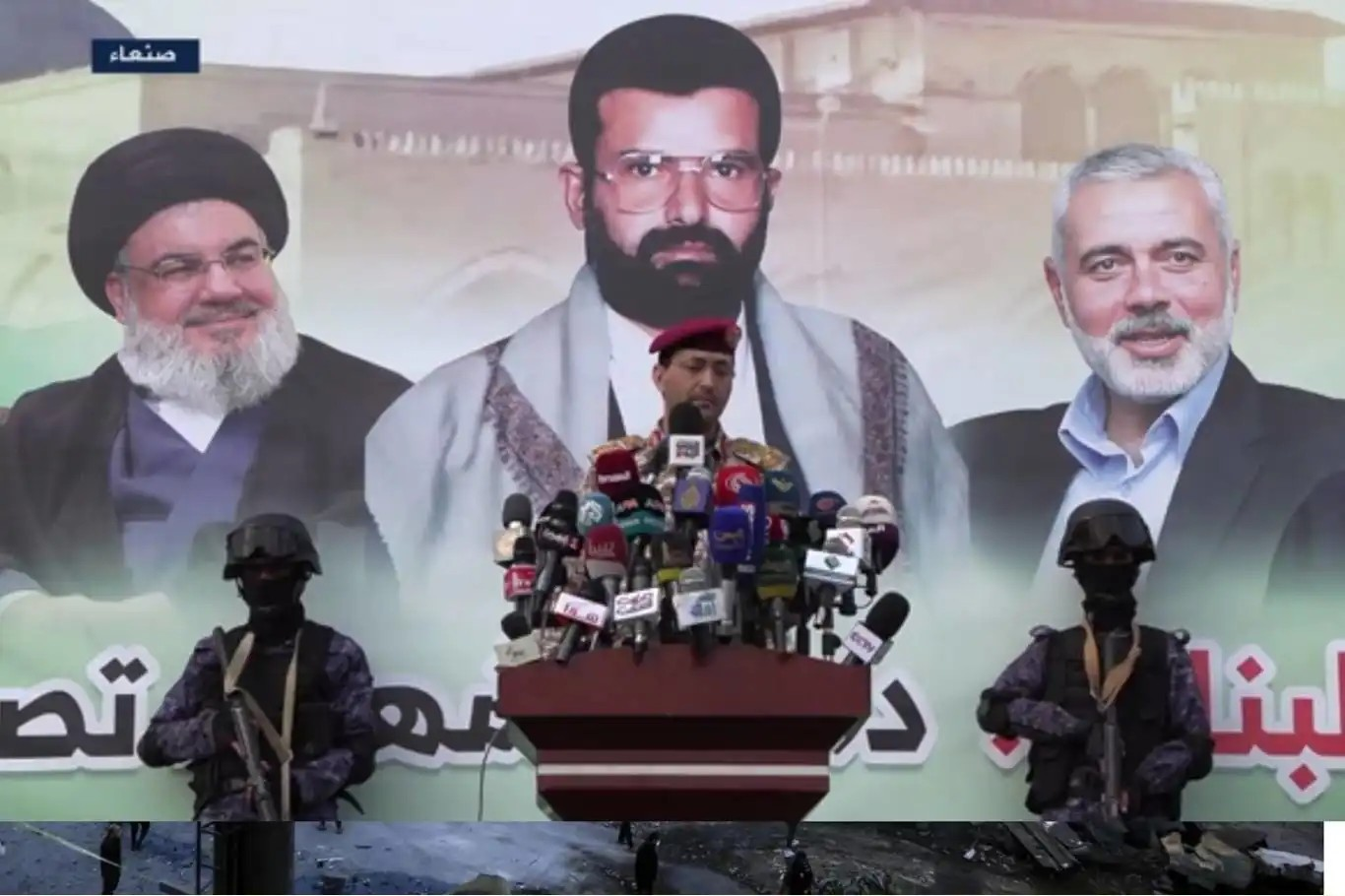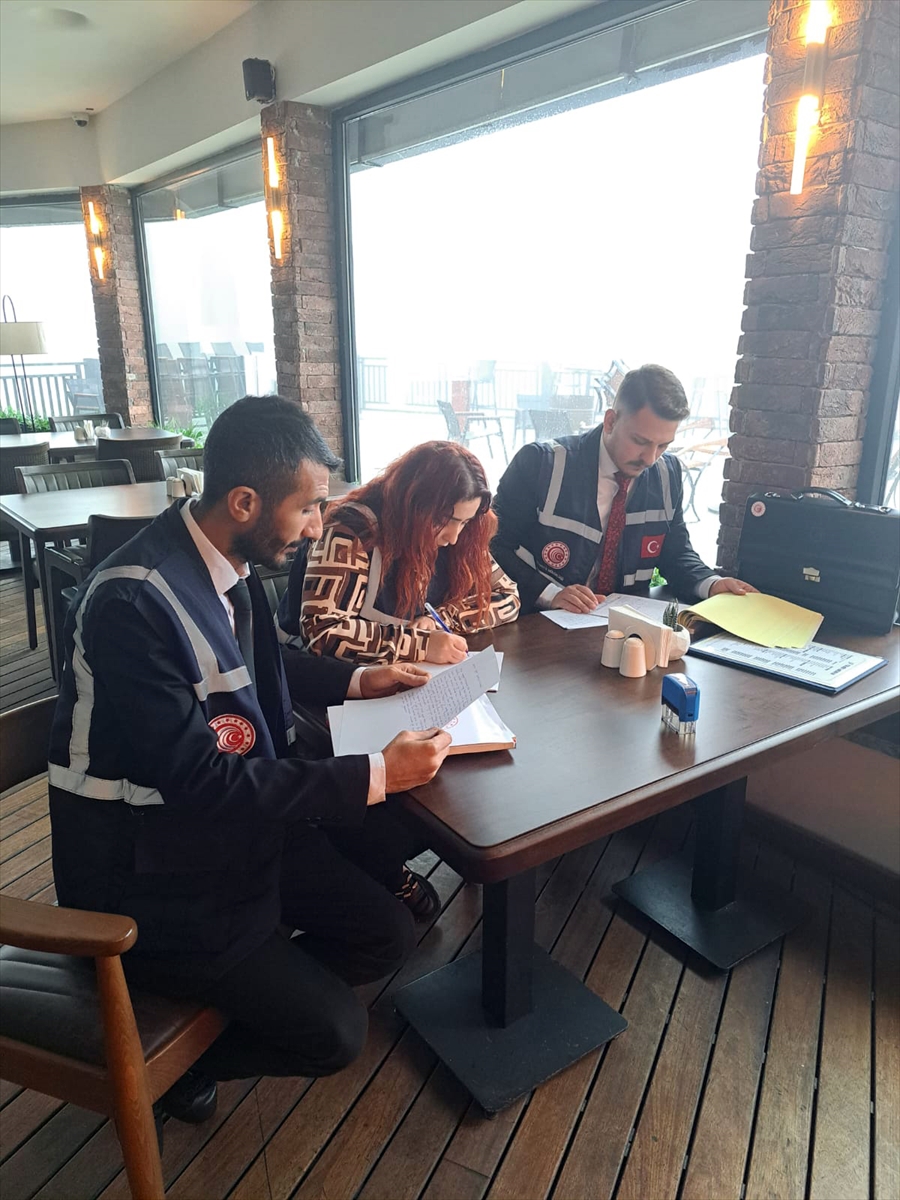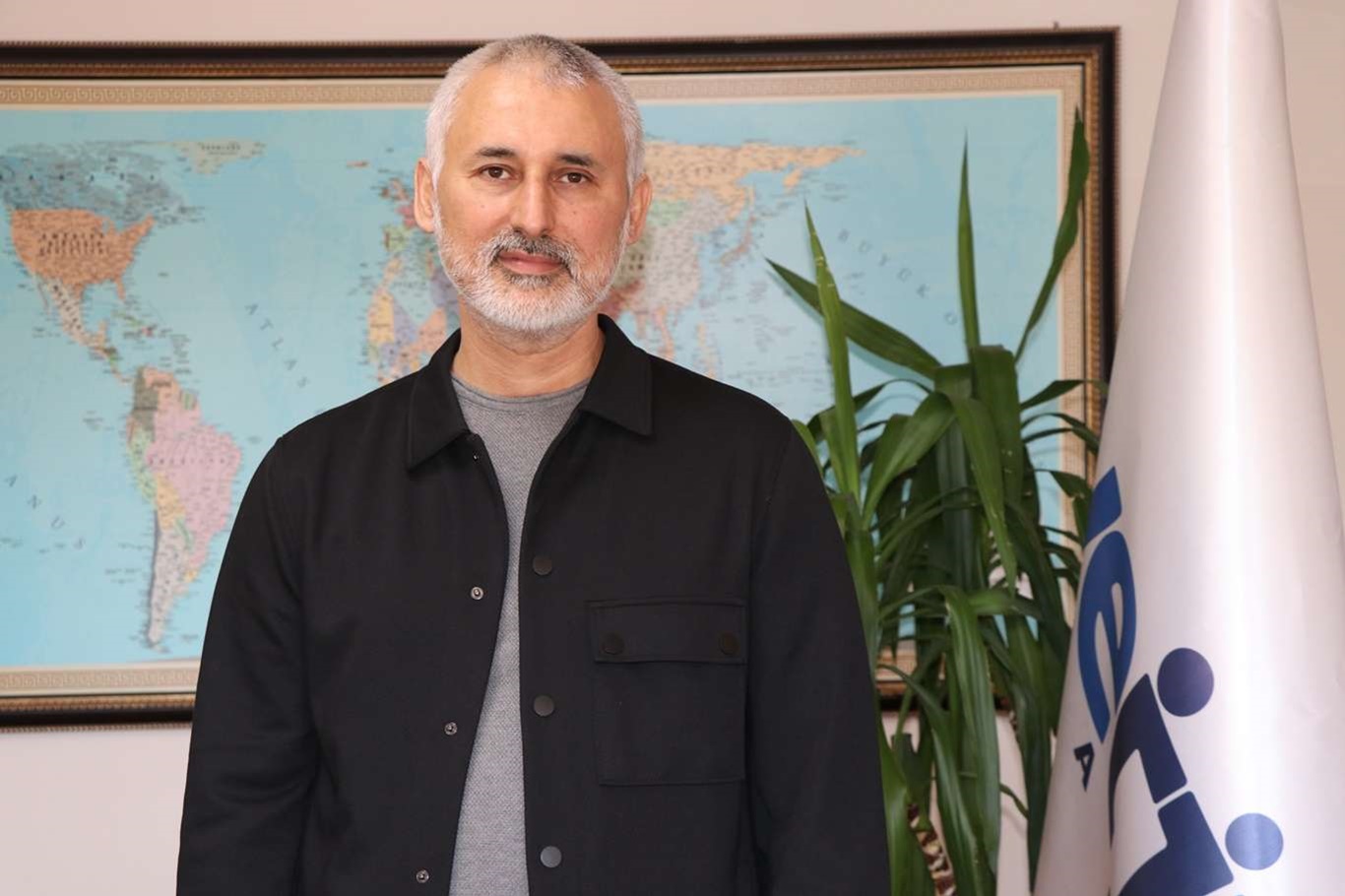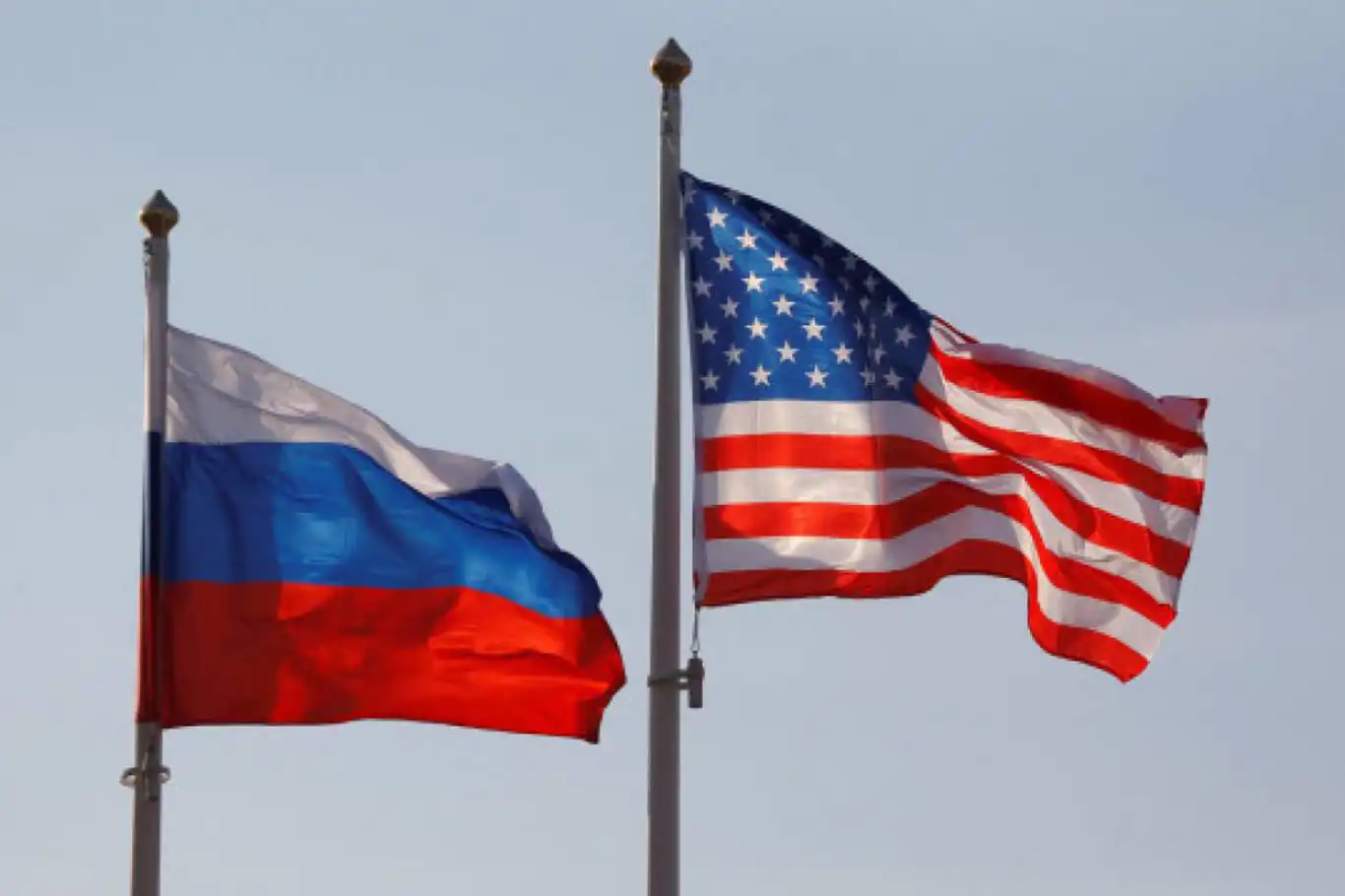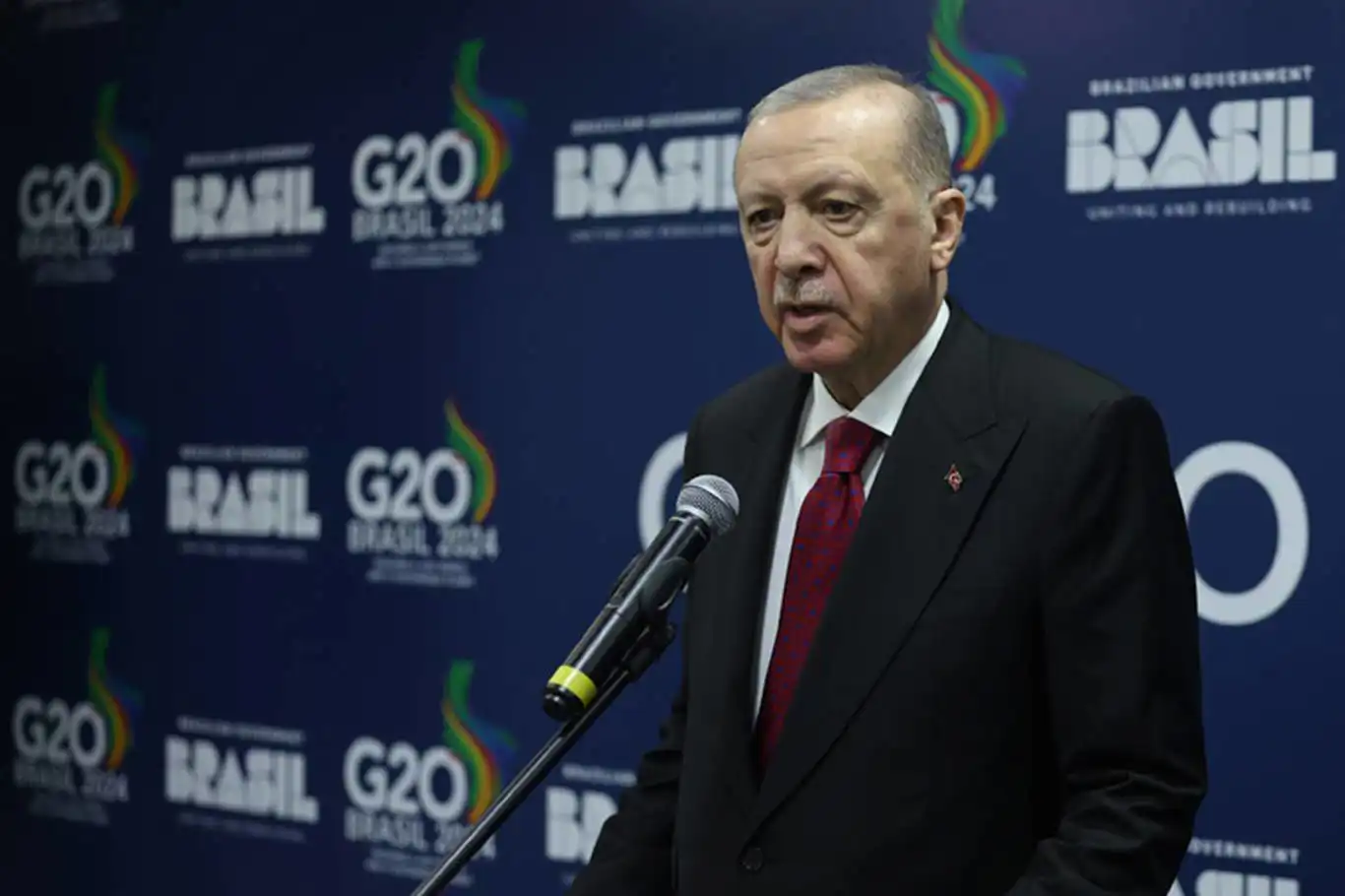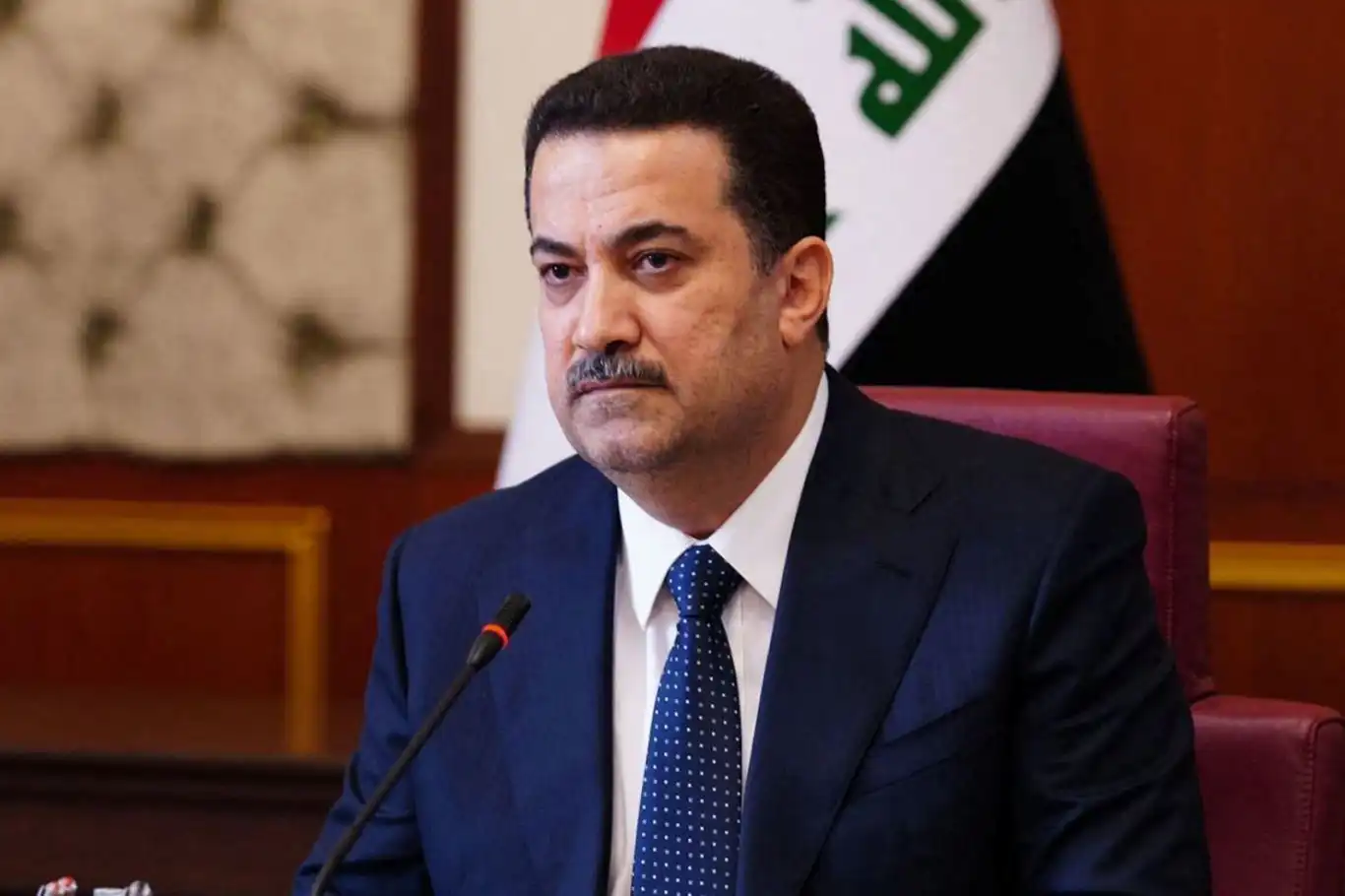UN fails to develop concrete solutions to prevent humanitarian disasters, Altun says
Turkish Presidency's Directorate of Communications held a panel titled "The United Nations (UN) Security Council Reform: A New Approach to Reconstructing the International Order" in Berlin, the capital of Germany.
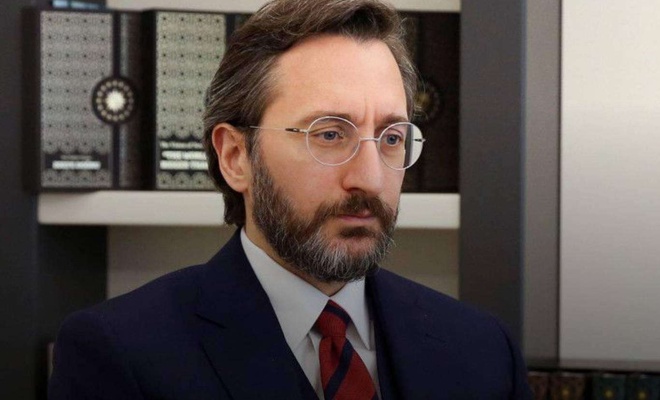
 Google News'te Doğruhaber'e abone olun.
Google News'te Doğruhaber'e abone olun. Assoc Prof Aylin Ünver from Haliç University, political scientist Daria Isachenko from the German Institute for International and Security Affairs, and journalist Ewald König attended the panel, moderated by Assoc Prof Kılıç Buğra Kanat, Foundation for Political, Economic and Social Research (SETA) Washington DC Research Director.
The panel started with a video message from the Presidency's Director of Communications Fahrettin Altun.
Reminding in his message that the United Nations was founded in 1945 by 51 nations, including Türkiye as a founding member, to prevent the world from experiencing other devastating wars of this scale after the Second World War, Director of Communications Altun said that the organization’s primary objective is to establish and maintain international peace and security.
Director of Communications Altun stated that the UN failed to develop concrete solutions to prevent the great humanitarian disasters, particularly in the post-Cold War period, and unfortunately, it could not play an effective role in sustaining peace and security.
"The UN has displayed a similar example of desperation during Russia's attacks on Ukraine"
Director of Communications Altun said: "The organization, desperate to prevent the human tragedies in the past in Bosnia-Herzegovina, Rwanda, Syria and Kosovo, has recently displayed a similar example of desperation during Russia's attacks on Ukraine."
Pointing out that the United Nations, which was founded to safeguard peace and security, is incapable of meeting the international community's expectations in this regard, Director of Communications Altun stated that in the face of the developments in world politics and the change in power balances in the last 30 years, the organization is no longer able to fulfill its stabilizing function.
Expressing that the organization’s inability to play an effective and consistent role in the face of threats to global peace and stability undermines its credibility and prestige in the eyes of the international community, Altun said: "This unfair and non-transparent structure of the Security Council must change. Our President's call "The World is Bigger than Five" is a strong objection against oppression, injustice and inequity at this point. It is a protest against the functioning and global injustices of a world system established by five nations. Today, in the face of every situation in which the United Nations creates a deadlock rather than a solution, the legitimacy and necessity of our President's demand for UN reform become increasingly clear."
"It is possible to create a more inclusive and fairer world"
Emphasizing that a new UN should be designed to maintain international peace and security more effectively, Altun noted the following:
We, as Türkiye, have been expressing our offer as part of this approach for quite some time and making it available for negotiation with all countries. On the other hand, our proposal for a solution is to adopt the perspective expressed in the phrase 'The world is bigger than five', which focuses on restructuring the UN Security Council. We need a UN that is representative of multiculturalism toachieve a more equitable and sustainable global peace. It is of critical importance that the Council be restructured to represent the continents, beliefs, origins, and cultures in the most equitable manner possible to establish a solution and global peace. As previously stated by our President, 'It is neither moral nor fair for five countries to make decisions that will affect the fate of the entire world. The world is bigger than five countries. It is possible to create a multipolar, multi-centered, multicultural, more inclusive, and fair world'.
Altun added that all in all, the United Nations must be restructured to respond to the call for "a fairer world" that advances the ideals of global peace, prosperity, and justice.
"The structure of the Security Council was flawed from the very beginning"
Journalist Ewald König said that while Germany was going to be a permanent member in the past, then Chancellor Helmut Kohl stopped this initiative. Expressing that he had concluded that Kohl did not want to be involved when there was a problem anywhere in the world, König said that today's government is not on the same page.
Emphasizing that the question of reforming the structure of the UN is a very challenging one, König said: "The structure of the Security Council was flawed from the very beginning. Without this structure, the UN could never have been established, could not have started."
Stating that there is a clear need for restructuring in the UN Security Council, König said: "The Security Council is losing its legitimacy and validity. Continents are not represented. Restructuring is very important but very difficult, even the most difficult to implement. I wish Türkiye success in this initiative."
Noting that it is very difficult to re-establish an international organization, König said, "Very sensitive issues. The EU also needs to be represented somehow. Türkiye's efforts, proposals and timing were good."
"The new challenges demonstrated the justification for the UN's reform"
Assoc Prof Ünver from Haliç University also stated that the political struggles in the world, the climate problem, the pandemic, supply and new challenges demonstrate the reasons for the UN's reform.
She emphasized that developments at the level expected from the United Nations could not be observed and that the fact that certain countries make decisions based only on their own interests produces imbalances and injustice.
Noting that restructuring is a necessity following the rise in injustice, Ünver said: "The UN especially needs very strong leaders. Türkiye prefers the UN's efforts. The UN should work for the benefit of the whole world. Türkiye is helping a lot in the food crisis. We have seen how difficult it is to manage international crises and how the UN has failed to do so due to its own structure."
Stating that the UN shares the same flaws as the former League of Nations, Ünver said: "The UN has repeated the failure of the League of Nations, which led to its establishment. The UN failed because the current world powers could not be represented."
Emphasizing that Türkiye presents a model by saying, "The world is bigger than 5", Ünver said: "Türkiye proposes a fair, transparent and responsible structure."
Noting that it is not easy to persuade countries to restructure the UN, Ünver said: "The veto power provides many opportunities. It is very difficult to oppose that. Türkiye can assist in increasing the number of strong leaders needed to fulfil the UN's mandate, for which the world requires strong leaders. We observed this in the food crisis. The UN and Türkiye have almost assumed umbrella roles."
When asked whether another international organization could be established if the UN's reform proposals fail, Ünver replied:
In retrospect, there is indeed an example. The League of Nations failed, and the UN was implemented. Some revolutionary countries want a change. Likewise, we may witness the withdrawal of several nations from the UN. Some countries can do something for an alternative establishment. When we look at a structure like the international League of Nations, if the UN cannot make these reforms, it will fail. Everyone believes in restructuring. Is it very difficult, yes, but not impossible.
"There should be realistic expectations from the UN"
Political scientist Isachenko from the German Institute for International and Security Affairs said that it is very difficult to change the international order.
Stating that the world has changed and become very dynamic, Isachenko said: "Another problem, apart from the countries with permanent veto power, is that certain other countries are also against restructuring. There are those who make reforms, for example, those who have a crisis in bilateral relations. Who is involved and who will attend will be a source of the problem."
Stating that the change in Europe is possible with the unity of power, Isachenko said: "In line with this, the UN was born. Adding institutionalism, an international power was formed. Reform will be made, but how will it become tangible, or is reform possible? This question has to be asked."
Emphasising that it is witnessed how Türkiye has resolved the global grain crisis with the UN, Isachenko said: "Could Türkiye do this alone or could the UN do it alone? I don't know the answer to this question. But there should be realistic expectations from the UN."
When asked whether there would be an opportunity for restructuring after the Ukraine war, Isachenko replied: "We are witnessing a very important incident. After the Second World War, Russia tells the West, 'Bring it on.' This attack was also made on the leadership of the Western world. I don't think the UN would be too insignificant when deciding on this issue."
The panel was followed by the Deputy Director of Communications Çağatay Özdemir and guests. (ILKHA)




























